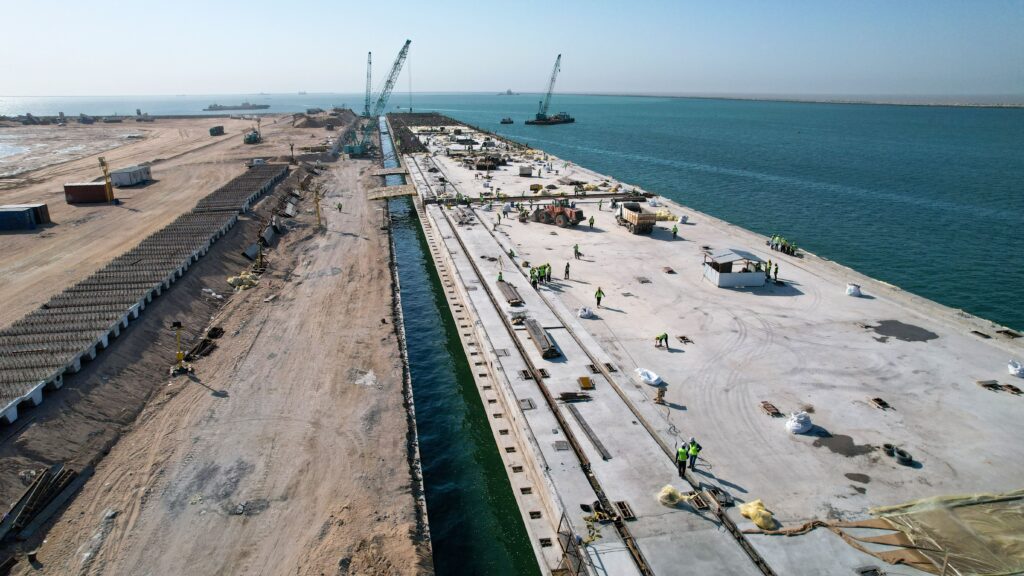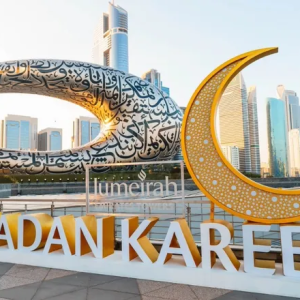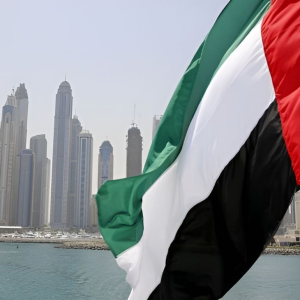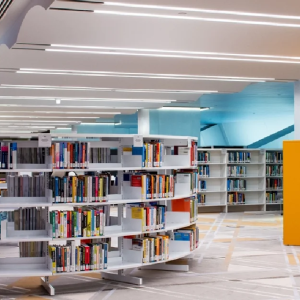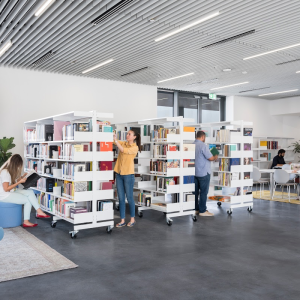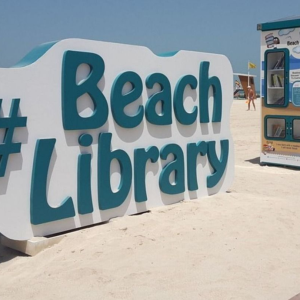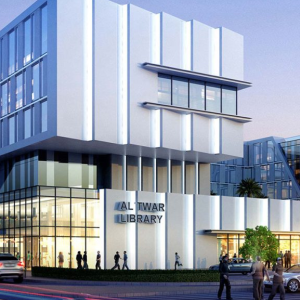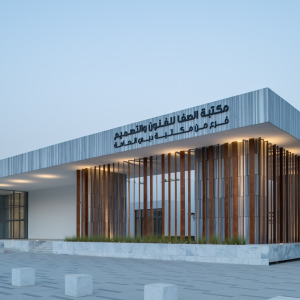The United Arab Emirates (UAE) is pushing forward with an ambitious project that could reshape global trade: the Development Road Project. This initiative aims to create an alternative trade route to the Suez Canal, offering a more efficient and secure transit option for goods moving between Asia, the Middle East, and Europe.
With increasing congestion and geopolitical risks affecting traditional maritime routes, the UAE is positioning itself as a key player in global logistics. By investing in multimodal transport infrastructure, the country seeks to reduce reliance on the Suez Canal, one of the world’s busiest waterways.
What is the Development Road Project?
The Development Road Project is a land-sea transport corridor designed to connect the UAE, Iraq, Turkey, and Europe. This integrated trade route combines rail, road, and port infrastructure, facilitating faster and more efficient cargo movement compared to the existing Suez Canal passage.

The UAE’s vision for this project is to enhance connectivity across the Middle East and beyond. By leveraging Iraq’s strategic location, the Development Road Project aims to:
- Speed up trade between Asia and Europe.
- Reduce costs for shipping companies.
- Provide a reliable alternative to maritime routes facing security risks.
Why is the UAE Investing in This Project?
The UAE has long been a global logistics hub, home to major ports such as Jebel Ali Port, one of the busiest in the world. By championing this project, the UAE seeks to:

- Strengthen Its Position as a Trade Hub – The UAE is already a key transit point for global trade, and this project will further solidify its role as a logistical powerhouse.
- Reduce Reliance on the Suez Canal – The Suez Canal currently handles about 12% of global trade, but rising congestion and security threats in the Red Sea region have made alternative routes more appealing.
- Enhance Regional Economic Cooperation – The project strengthens ties with Iraq and Turkey, opening new trade opportunities and boosting economic growth in the region.
How Will the Project Work?
The Development Road Project will involve a combination of modern railways, highways, and upgraded ports, allowing for seamless transportation of goods from the Arabian Gulf to Europe.
- Cargo will travel from UAE ports to Iraq via road and rail.
- From Iraq, goods will be transported to Turkey.
- Turkey will serve as a gateway to European markets.
By bypassing the Suez Canal, this route will shorten shipping times and reduce costs, benefiting businesses and global supply chains.
Key Advantages Over the Suez Canal
The Development Road Project offers several strategic advantages compared to the Suez Canal:
- Faster Transit Times
- Cargo ships often face long wait times at the Suez Canal due to congestion.
- The new route will offer a quicker land-sea alternative, reducing delays.
- Lower Costs for Businesses
- Shipping via the Suez Canal comes with high toll fees.
- The UAE’s alternative provides a cost-effective solution with lower transit charges.
- Enhanced Security
- The Red Sea region has seen rising security threats, including piracy and geopolitical tensions.
- A land-based alternative minimizes risks associated with maritime routes.
- Economic Growth for Partner Countries
- Iraq and Turkey will benefit from increased trade activity, boosting regional infrastructure development.
Challenges and Strategic Considerations
Despite its potential, the project comes with significant challenges that need to be addressed:
- Infrastructure Development – The success of the Development Road Project depends on major upgrades to railways, highways, and logistics hubs in Iraq and Turkey.
- Geopolitical Stability – Political instability in Iraq and the broader Middle East could pose risks to the project’s smooth execution.
- Competition with the Suez Canal – Egypt may introduce countermeasures, such as lower fees or enhanced infrastructure, to retain its competitive edge.
Impact on Global Trade
If successfully implemented, the Development Road Project could reshape global trade dynamics:
- Diversification of Trade Routes – Reduces the world’s dependence on the Suez Canal, offering an alternative for major shipping companies.
- Increased Economic Activity – Creates new business opportunities for industries across the UAE, Iraq, and Turkey.
- Faster & More Reliable Logistics – Boosts trade efficiency, benefiting Asia-Europe supply chains.
Future Outlook and Global Interest
The project has already attracted global attention, with several countries expressing interest in investing in infrastructure development.
- China’s Belt and Road Initiative (BRI) – China may explore opportunities to align its trade ambitions with the UAE’s project.
- European Trade Partners – European businesses looking for faster trade routes may shift to the UAE’s alternative.
- Investment from the Gulf Cooperation Council (GCC) – Other Gulf nations may support the project to enhance regional trade.
Conclusion
The UAE’s Development Road Project is a bold and strategic initiative that could redefine global trade. By creating an alternative to the Suez Canal, the UAE is positioning itself as a leader in global logistics, enhancing economic ties and improving trade efficiency.
While challenges remain, strong political will, infrastructure investments, and international cooperation could turn this project into a game-changing trade corridor for the future.
Do follow Uae stories for more Updates

